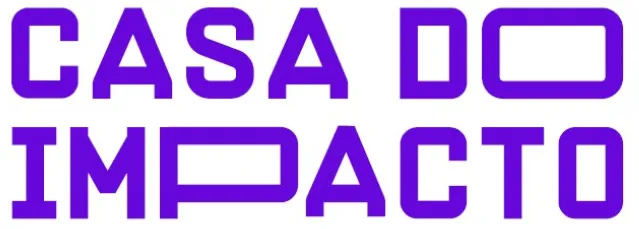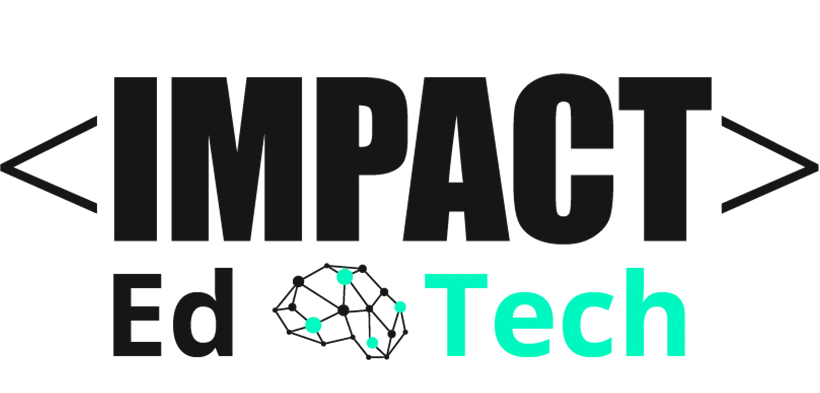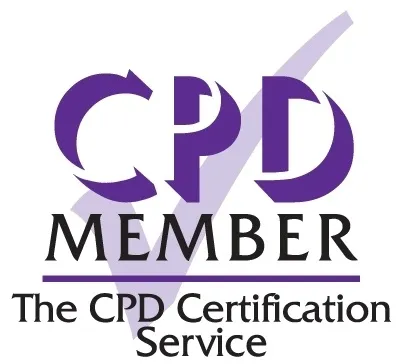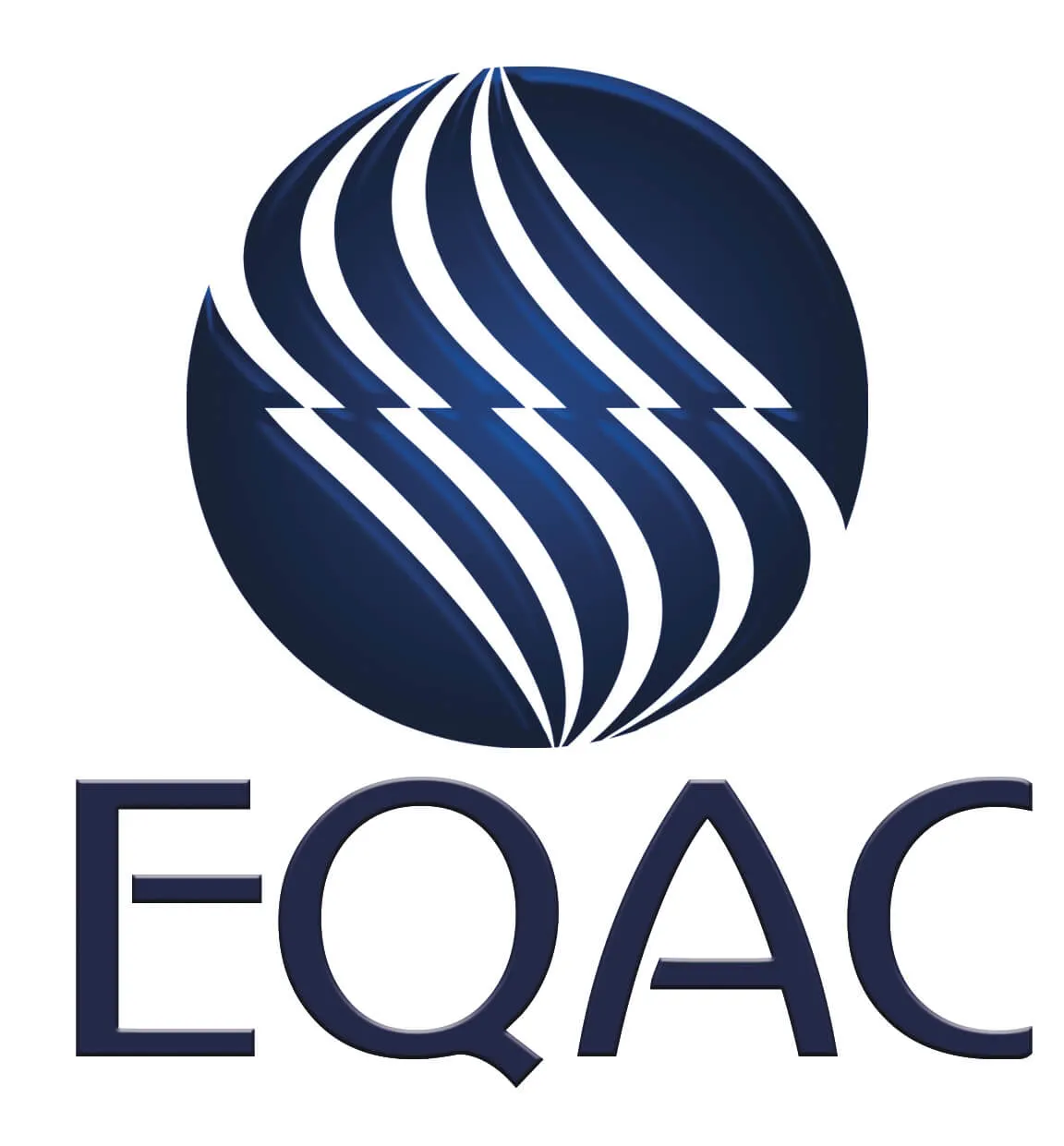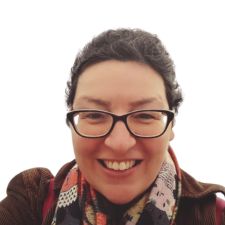
Meet Sara Timóteo
"No-code gave me something that code alone couldn’t: the ability to see clearly. Not just what to build—but for whom. It gave me a voice. And with that, I could finally serve everyone I saw being left out."
The Challenge
“I saw people being left behind. And I couldn’t unsee it.”
While giving basic tech training at the library, Sara noticed two troubling trends. Older adults were being quietly excluded from digital life. And many young people—especially women—were leaving school digitally “literate,” but utterly unprepared to build their own digital presence or find meaningful work.
At the same time, new programming schools were popping up nearby, and aspiring developers began turning to Sara for guidance. But she knew they needed something faster—something practical.
So she started looking. And she found no-code.
“My knowledge of no-code was zero. But I saw it could be the answer. Not just for me, but for them.”
📊 Snapshot: Stats That Speak
Heading
Missions delivered
Heading
Websites developed
Heading
Apps developed
Heading
Tools learnd
The Transformation
Sara joined the Fast Track Challenge with one mission: learn enough to return with tools her community could use.
But something unexpected happened—she fell in love with the possibilities. She signed up for Foundations. She kept learning. She kept sharing.
Even as she quietly fought through chemotherapy, vision challenges, and moments of deep anxiety, she stayed the course.
“I thought, I’m not going to make it. But I delivered something—even if it was minimal.”
And what she built wasn’t small at all. She created two health-focused apps:
One to support women with breast cancer, providing friendly, clear information in English—especially for those newly diagnosed.
And another, an MVP built with FlutterFlow, designed for women with polycystic ovarian syndrome.
She even presented her work at the Web Summit, where it caught the attention of health researchers and founders in Germany. One called it “valuable,” and saw potential to support patients who weren’t responding to traditional treatments.
Back home, Sara found herself invited into a 24-hour startup sprint—and joined every team. Marketing, dev, product. All of it. Because she could speak every language.
“I didn’t write a single line of code. But I connected everything.”
Her biggest shift? Confidence. Clarity. The ability to look at a digital problem and say: “This is beautiful—but it won’t work for this person.”
Behind the scenes
Favourite tool
FlutterFlow
Favourite mission
Helping underserved women access clear health information
Biggest challenge
Having to cope with health problems during the course
Most valuable learning
No-code sharpens your critical thinking—and your empathy
What’s Next for Sara?
Sara is making a shift—both inside and outside the public sector.
She’s already applying no-code to improve services in her municipality. But she’s also joining faster-moving startup teams that align with her personal mission: build tech that restores dignity.
And she’s still that quiet advocate in the library, helping older adults make their first WhatsApp call—and helping the next generation of builders believe they belong in tech, too.
Project Highlight
In the final stage of the Cohorts, students have the opportunity to create a Capstone Project to showcase what they have learned across the journey. They have the liberty to use whichever tool they want or even explore new ones, promoting their critical thinking and proactivity. Always with the support of our Mentors.
App Name: BC Self-Care – A self-care companion for breast cancer patients
Purpose:
Created for English-speaking women living in Portugal, this app offers inclusive self-care guidance for those undergoing treatment for non-metastatic breast cancer. It addresses the gaps between hospitals, cultural expectations, and the very real emotional weight of recovery.
Tools Used: FlutterFlow, Airtable
What Happened Next?
At the Web Summit, a health-tech founder from Germany discovered the app and reached out. Then, researchers working on RNA-based cancer diagnostics got in touch. They saw the app’s potential to bridge a critical gap—connecting patients with the latest science, and helping inform better, more personalized care.
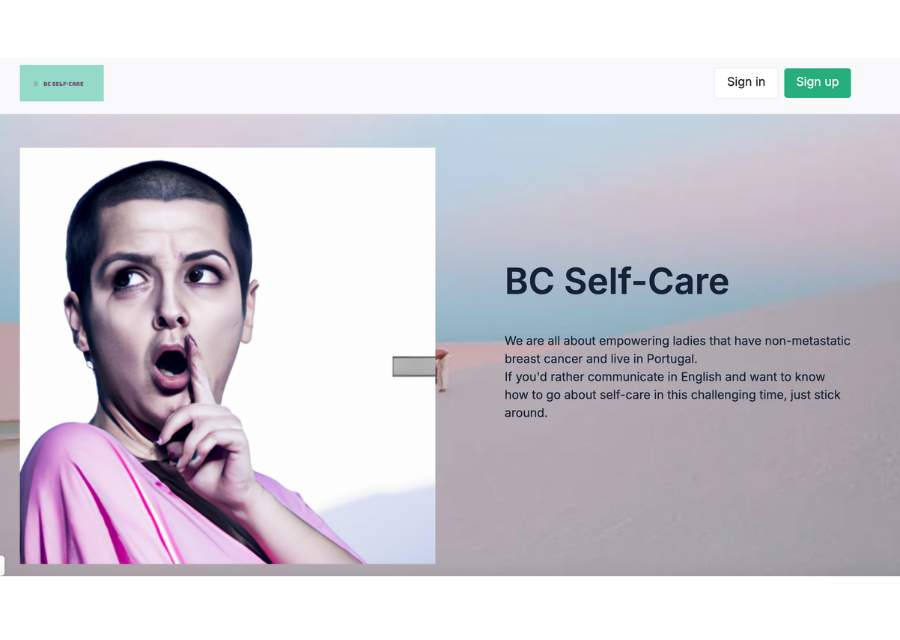
“This app started as something deeply personal. Now it’s helping others. That makes me proud.”
Want to create impact like Sara?
You don’t need to code to make a difference. You need purpose. No-code gave Sara the tools to serve—and surprise—even herself. What could it do for you?
👉 Explore Our Programs


